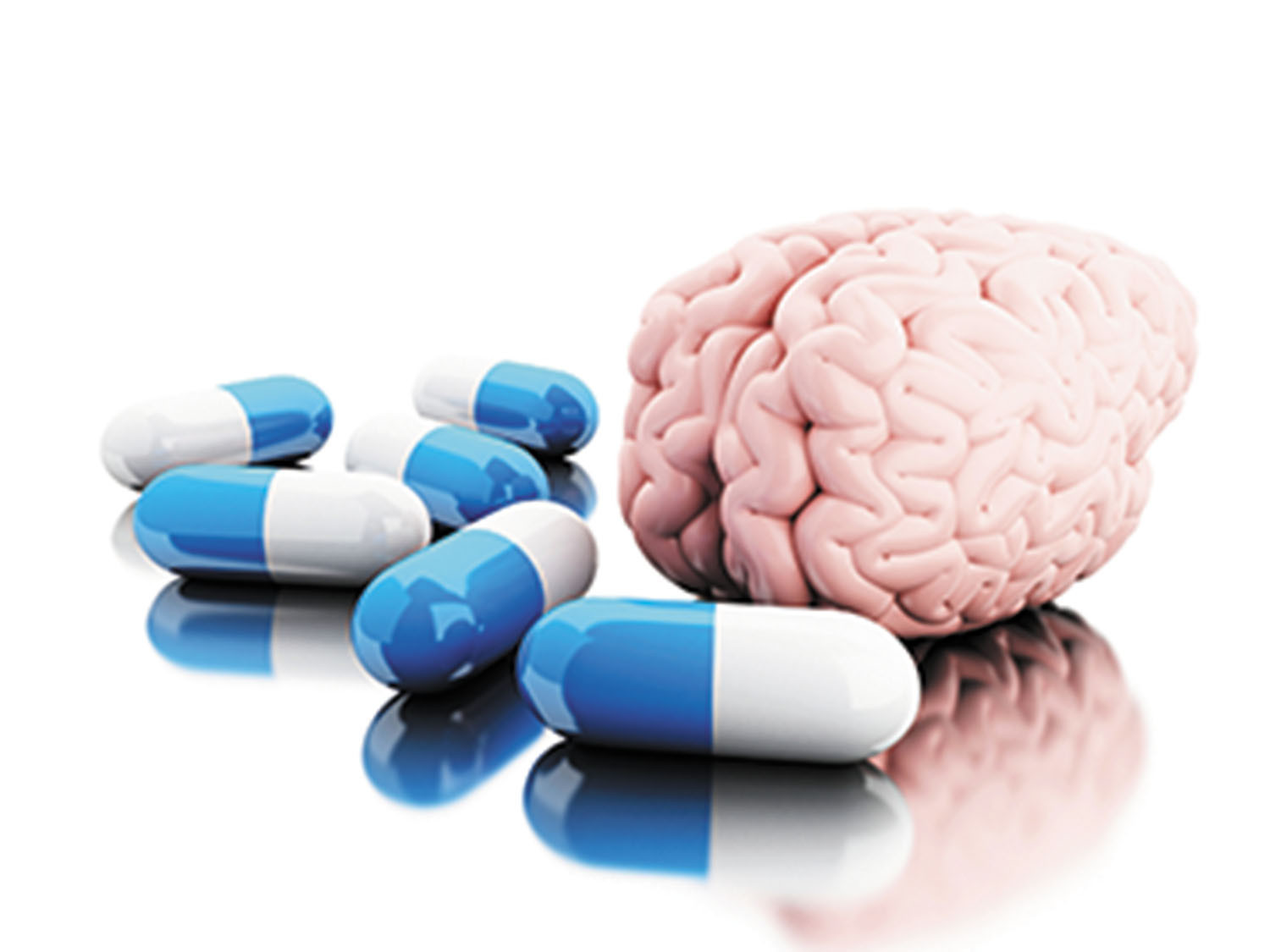The Reason Some of Us Remember Dreams While Others Forget

Dreams have fascinated humans for millennia. From ancient civilizations interpreting dreams as messages from gods to modern psychologists studying their meaning and function, dreams remain an intriguing mystery.
Yet, one curious fact about dreaming is that while almost everyone dreams multiple times per night, only some people vividly remember their dreams, and others rarely or never do. Why is that?
What causes this wide variation in dream recall? We will dive deep into the science of dreaming and memory to explore why some of us remember dreams and others don’t. We’ll look at the biology of dreaming, factors affecting recall, and what this could mean for our understanding of the brain.
More Read: The Origins of Curse Words: Where Do Those Colorful Expressions Come From?
What Are Dreams?
Before explaining why some people remember dreams and others don’t, it’s important to understand what dreams actually are. Dreams are mental experiences that occur during sleep, usually involving visual, auditory, emotional, and narrative elements.
Most dreaming happens during REM (Rapid Eye Movement) sleep, a stage characterized by brain activity similar to wakefulness. During REM sleep, the brain processes emotions, consolidates memories, and may simulate possible scenarios for learning and problem-solving.
Though we often think dreams are bizarre or nonsensical, they serve important psychological and neurological functions.
Everyone Dreams — But Not Everyone Remembers
Scientific studies confirm that virtually everyone dreams multiple times each night during REM cycles. The average person experiences 4 to 6 REM periods per night, each lasting from a few minutes up to around 30 minutes. So, why don’t we all remember these vivid mental stories when we wake?
Dream recall depends on several factors:
- Brain activity during awakening
- Sleep patterns and timing
- Individual differences in memory and personality
- Emotional intensity of the dream
- External factors such as stress or medication
Understanding these variables helps explain the difference in dream recall among individuals.
How Does Dream Recall Work?
Remembering a dream requires that the brain successfully transfer the experience from short-term to long-term memory. This process is very similar to how waking memories are formed but occurs under different conditions because sleep alters brain function.
Key points about dream recall:
- Dreams are stored in short-term memory during sleep.
- If you wake up during or shortly after REM sleep, the dream is more likely to be encoded into long-term memory.
- If you remain asleep and transition through non-REM sleep stages, the dream is often forgotten.
- The prefrontal cortex, responsible for logic and memory retrieval, is less active during sleep, making dream recall harder.
- Upon awakening, the brain must quickly re-activate memory networks to recall a dream before it fades.
Because the brain prioritizes other functions during sleep (such as restoration and memory consolidation of waking experiences), dreams may be deprioritized and lost if the timing or brain activation is off.
Biological Factors Influencing Dream Recall
Brain Chemistry and Neurotransmitters
Certain neurotransmitters involved in sleep regulation affect dream recall. For example, acetylcholine is high during REM sleep and is associated with vivid dreams. However, norepinephrine, linked to attention and memory during wakefulness, is very low during REM, which may explain the fleeting nature of dreams.
Variations in these chemicals between individuals could influence how well dreams are encoded.
Sleep Quality and Structure
People with irregular sleep or sleep disorders like insomnia or sleep apnea tend to have poorer dream recall. Interrupted or fragmented REM cycles can prevent the brain from solidifying dream memories.
Those with regular, uninterrupted sleep often recall dreams more vividly.
Genetics and Brain Structure
Emerging research suggests genetics play a role. Some individuals may have a genetic predisposition for greater dream recall frequency.
Brain imaging studies show that individuals who remember dreams well tend to have increased activity in areas involved in memory and imagery, such as the temporoparietal junction.
Psychological and Personality Factors
Openness to Experience
Personality traits affect dream recall. Studies have found that people who score high on openness to experience — a trait associated with creativity, imagination, and curiosity — tend to remember their dreams more frequently.
This may be because such individuals pay more attention to their inner experiences, including dreams.
Interest in Dreams
Simply being interested in remembering dreams or keeping a dream journal improves recall. Attention and intention enhance memory encoding.
People who actively try to remember their dreams wake up and focus on recalling them, increasing the chances that they will.
Emotional Intensity
Dreams with strong emotional content — fear, excitement, sadness — are more likely to be remembered. Emotionally charged memories tend to be prioritized by the brain.
This explains why nightmares or dreams about significant life events often stick with us.
External Factors Affecting Dream Recall
Sleep Environment and Waking Conditions
How and when you wake up matters. Sudden awakenings from REM sleep make dream recall easier, while waking gradually or during non-REM stages makes it harder.
The presence of external distractions, alarm clocks, or morning routines can interfere with the fragile memory of dreams.
Stress and Medication
High stress levels can disrupt sleep and dream recall. Similarly, medications affecting the central nervous system, like antidepressants or sleeping pills, can suppress REM sleep or alter brain chemistry, impacting recall.
Why Some People Rarely Remember Dreams
Putting all this together, the main reasons some people rarely remember dreams include:
- Waking mostly during non-REM sleep stages, missing the opportunity to encode dreams.
- Lower activity or connectivity in brain regions tied to memory and imagery.
- Lack of interest or attention to dreams, leading to poor encoding.
- Poor sleep quality or disrupted REM cycles.
- Genetic or neurochemical differences reducing recall ability.
Importantly, not remembering dreams does not mean you aren’t dreaming. The vast majority of people dream nightly; it’s the recall process that varies.
Can You Improve Your Dream Recall?
Yes! If you want to remember more dreams, here are proven tips:
- Keep a dream journal: Write down anything you remember immediately upon waking.
- Wake naturally if possible: Avoid alarms; waking during or right after REM sleep helps.
- Set an intention: Tell yourself before sleep that you want to remember your dreams.
- Avoid alcohol and drugs before bed: These disrupt REM sleep.
- Improve sleep hygiene: Regular schedule, comfortable environment, and limiting screens before bed.
- Practice mindfulness and meditation: These enhance awareness and memory.
Over time, these practices can significantly boost your ability to recall dreams.
What Does Dream Recall Tell Us About the Brain?
Studying why some people remember dreams better has broader implications. It helps neuroscientists understand memory processes, consciousness, and brain function during sleep.
Dream recall also links to creativity, emotional processing, and mental health. People with vivid dream recall may process emotions differently or have heightened self-awareness.
Conversely, very poor dream recall might relate to certain neurological or psychiatric conditions, although more research is needed.
FAQs About Dream Recall
Does everyone dream every night?
Yes. Scientific studies using EEG monitoring confirm that almost all healthy adults experience multiple dreams each night during REM sleep.
Why do I only remember my dreams sometimes?
Dream recall is strongest if you wake during or immediately after REM sleep. If you wake later or during non-REM sleep, dreams fade quickly from memory.
Can medication affect my ability to remember dreams?
Yes. Some medications, especially antidepressants and sleep aids, can reduce REM sleep or alter brain chemistry, which may reduce dream recall.
Are nightmares more likely to be remembered than pleasant dreams?
Typically, yes. Dreams with strong emotional content, including fear or anxiety, tend to be remembered better than neutral dreams.
Is dream recall linked to creativity?
Research shows that people with high openness and vivid dream recall often score higher on creativity tests, suggesting a correlation.
Can I train myself to remember dreams?
Absolutely. Keeping a dream journal, setting intentions before sleep, and waking gently can improve dream recall over time.
Does not remembering dreams indicate a problem?
Generally, no. Most people forget dreams regularly. However, very poor recall combined with sleep disturbances might warrant consultation with a healthcare provider.
Conclusion
Almost everyone dreams multiple times a night during REM sleep.Dream recall depends on brain activity during awakening, sleep quality, personality traits, and interest in dreams.Neurochemical and genetic factors also influence how well dreams are remembered.External factors like stress, medication, and waking conditions affect recall.Not remembering dreams does not mean you don’t dream.Dream recall can be improved through journaling, intention, and better sleep habits.Understanding dream recall helps illuminate broader brain functions related to memory and consciousness.





